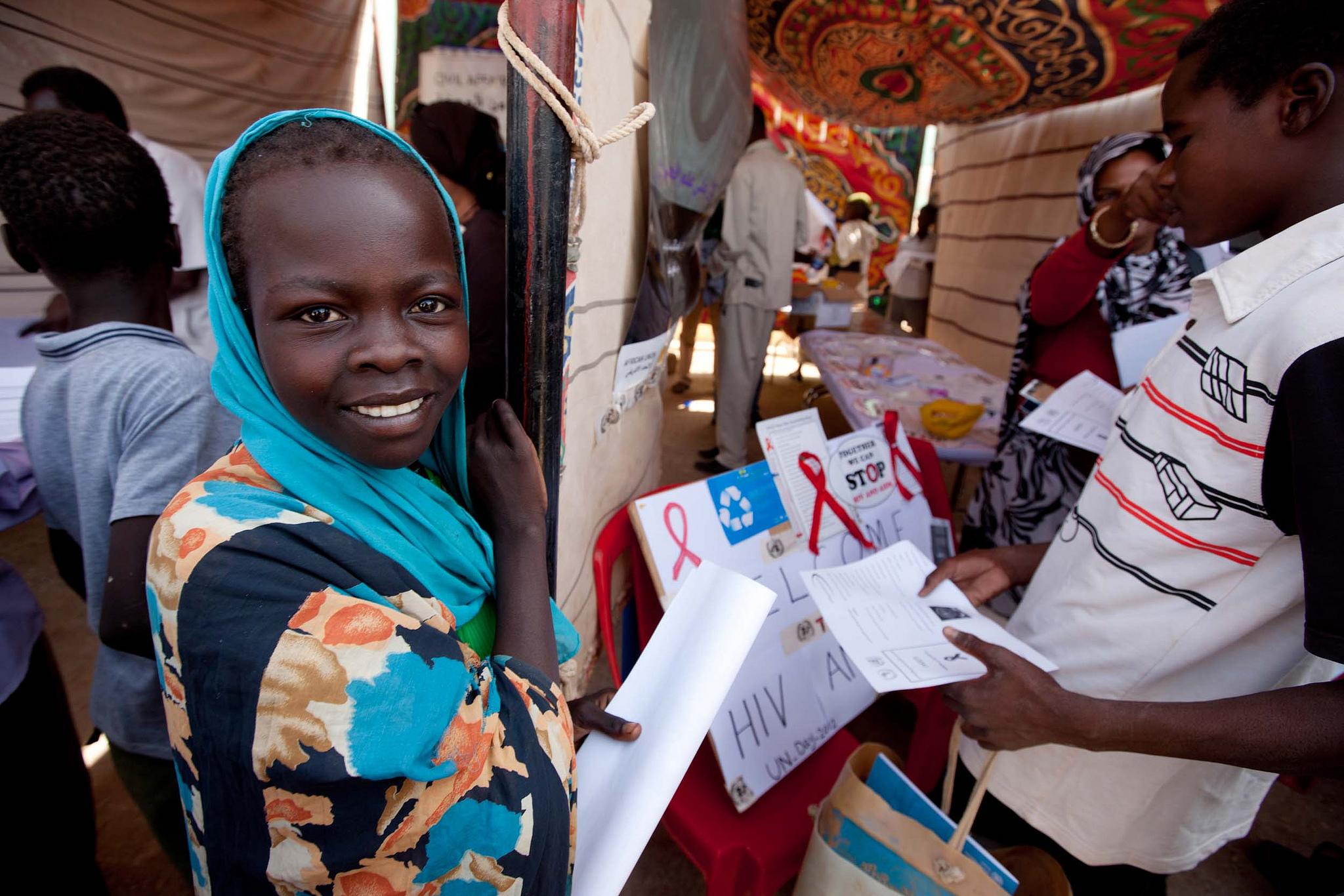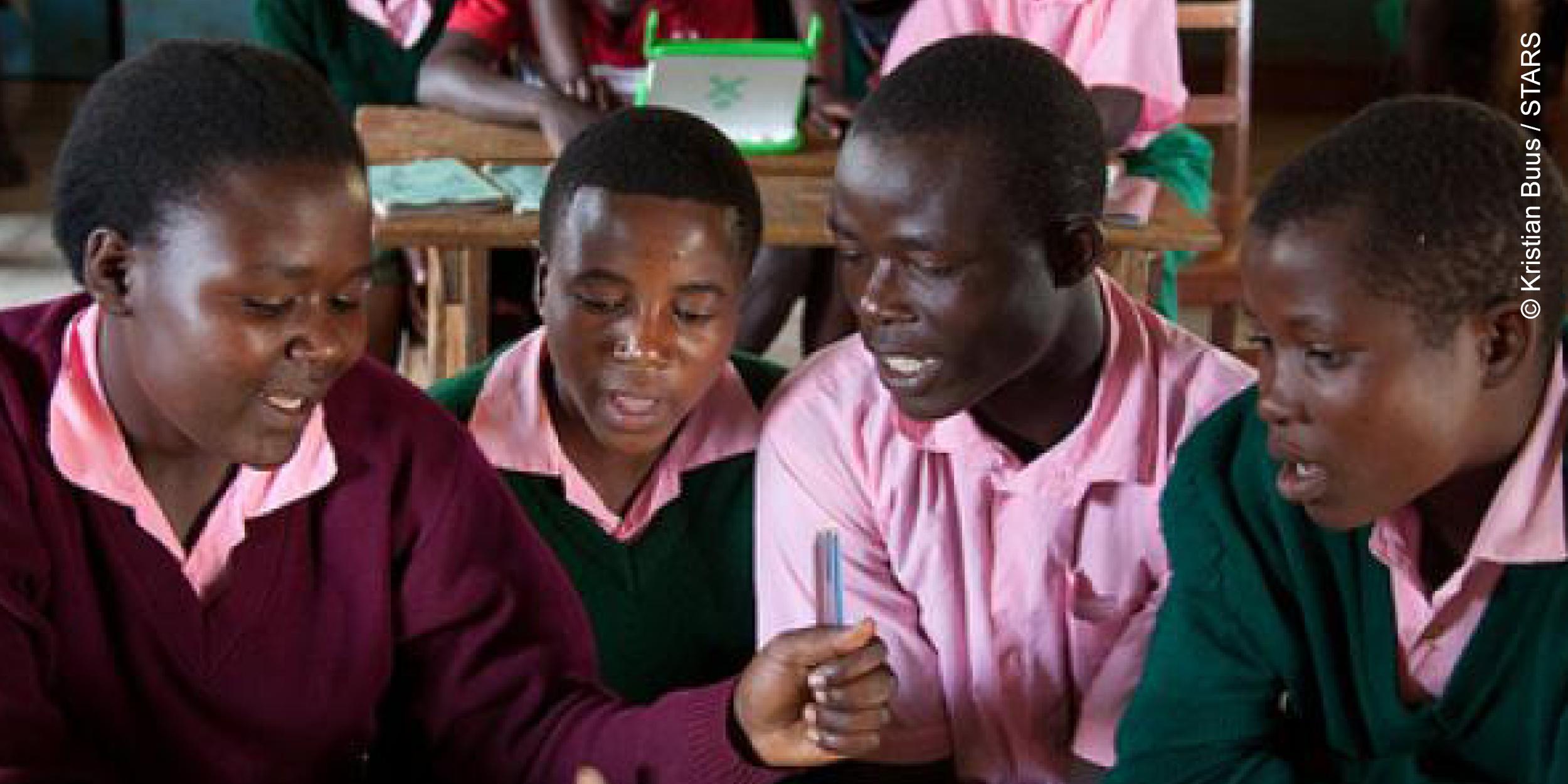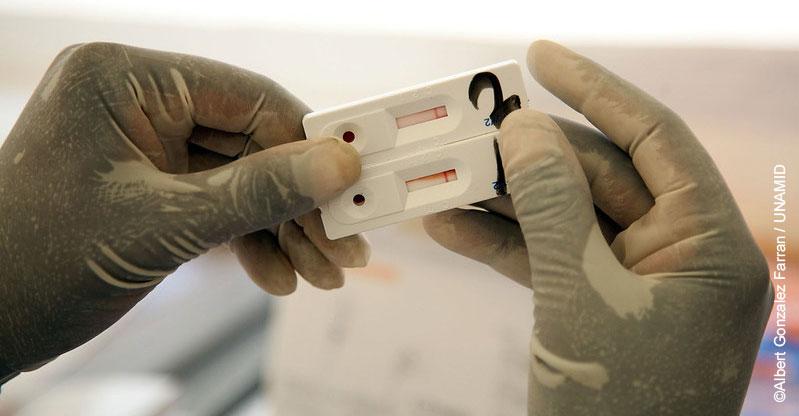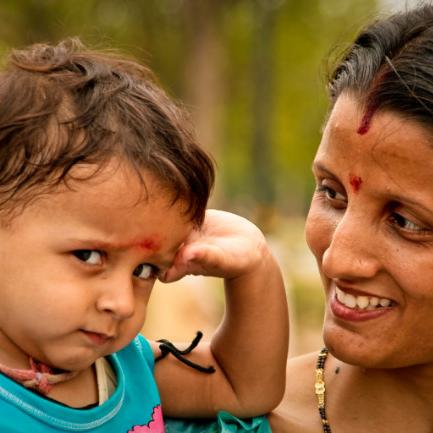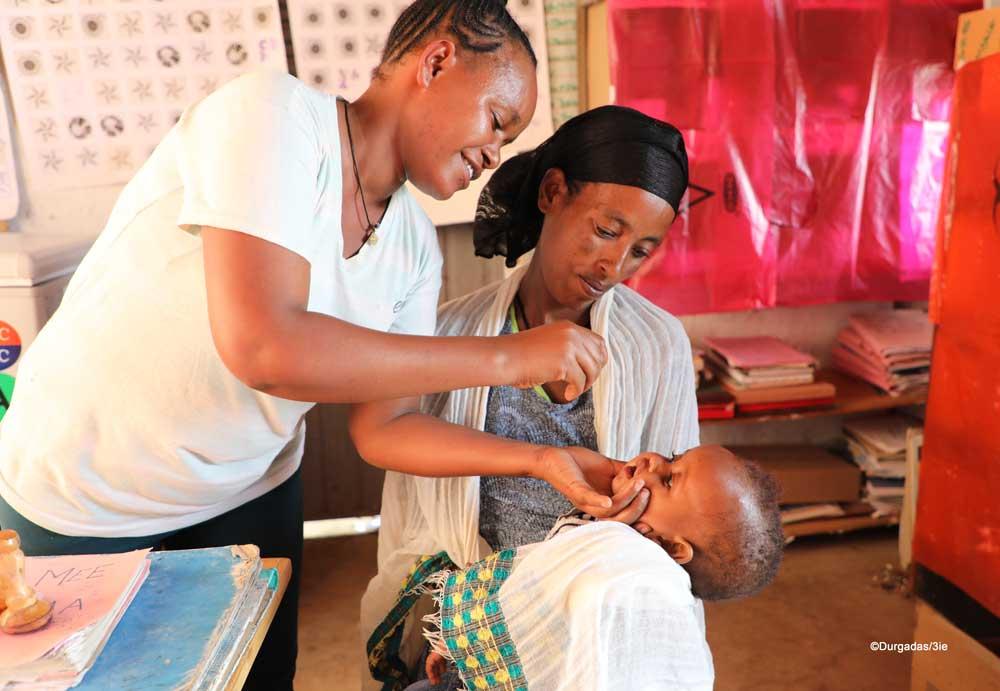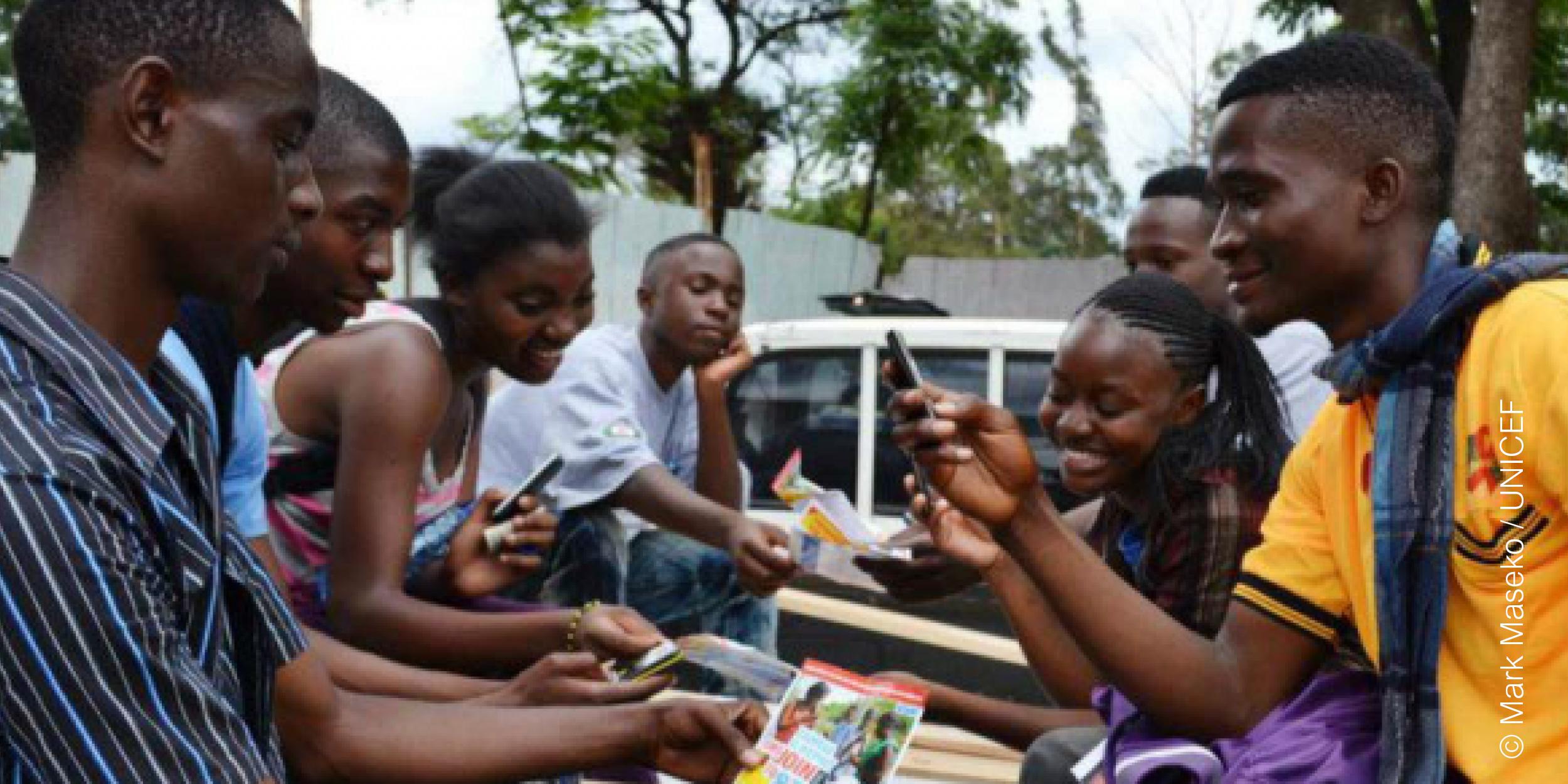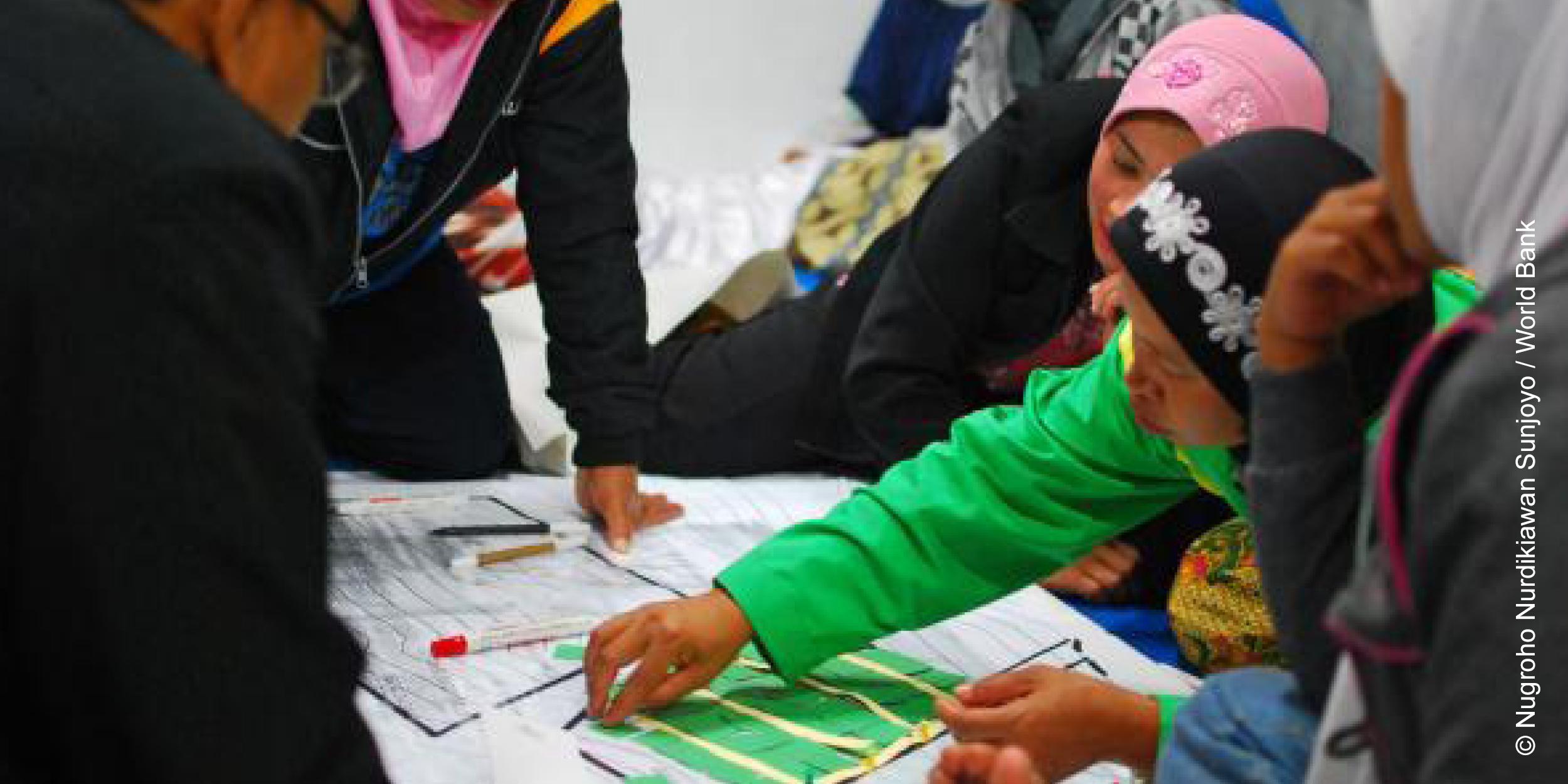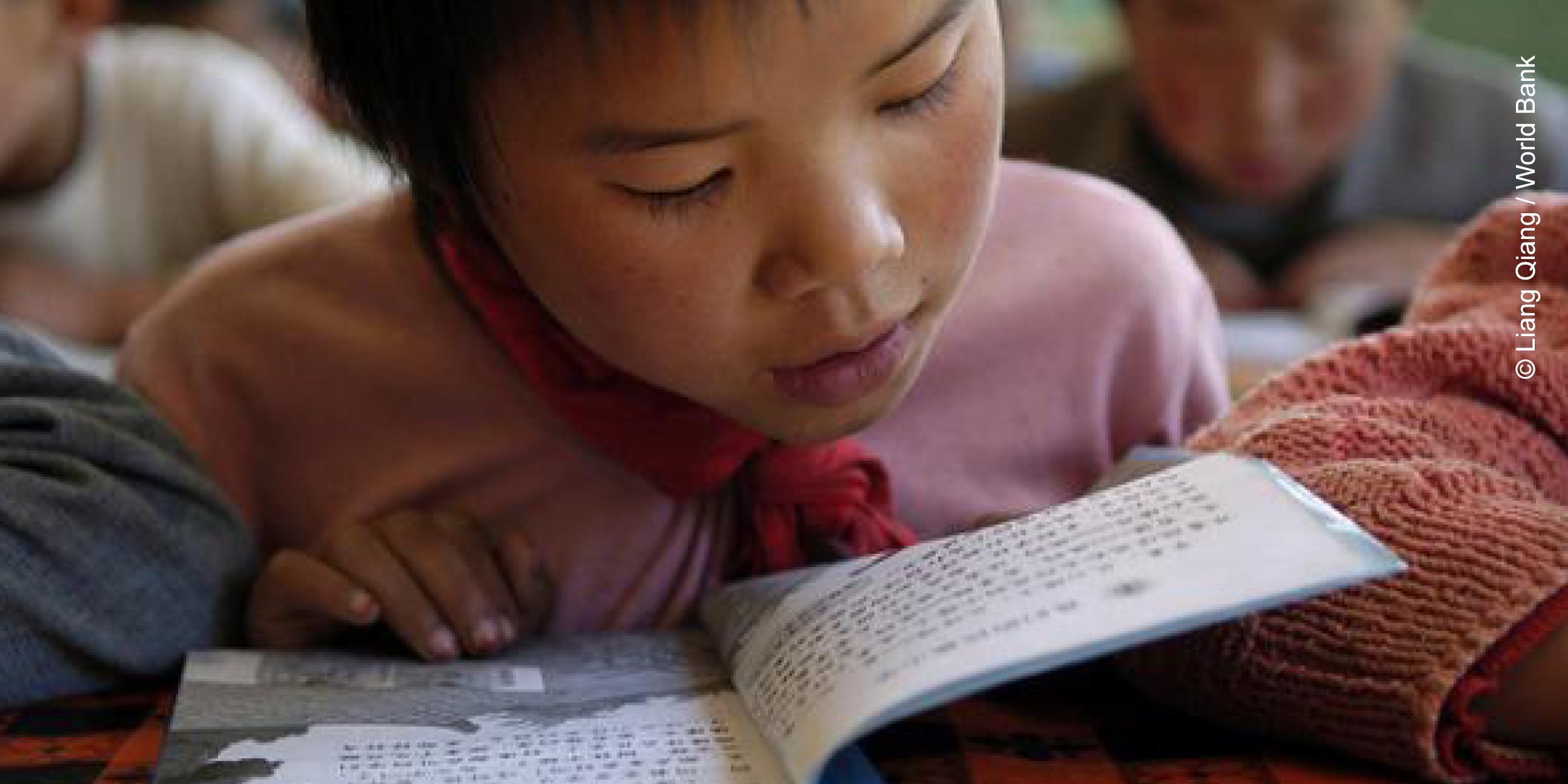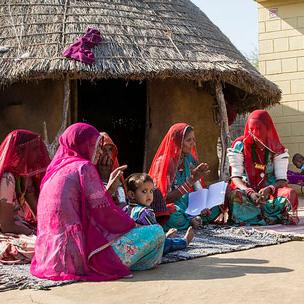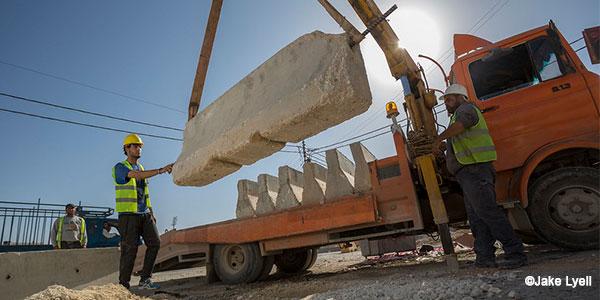Integration of HIV Services Evidence Program
Much of the evidence surrounding the integration of HIV services with maternal, neonatal, and child health services, as well as with sexual and reproductive health and family planning services, does not come from rigorous studies. As a result, many practitioners and researchers would like more evidence about the effects of integrating HIV services into primary healthcare settings.
